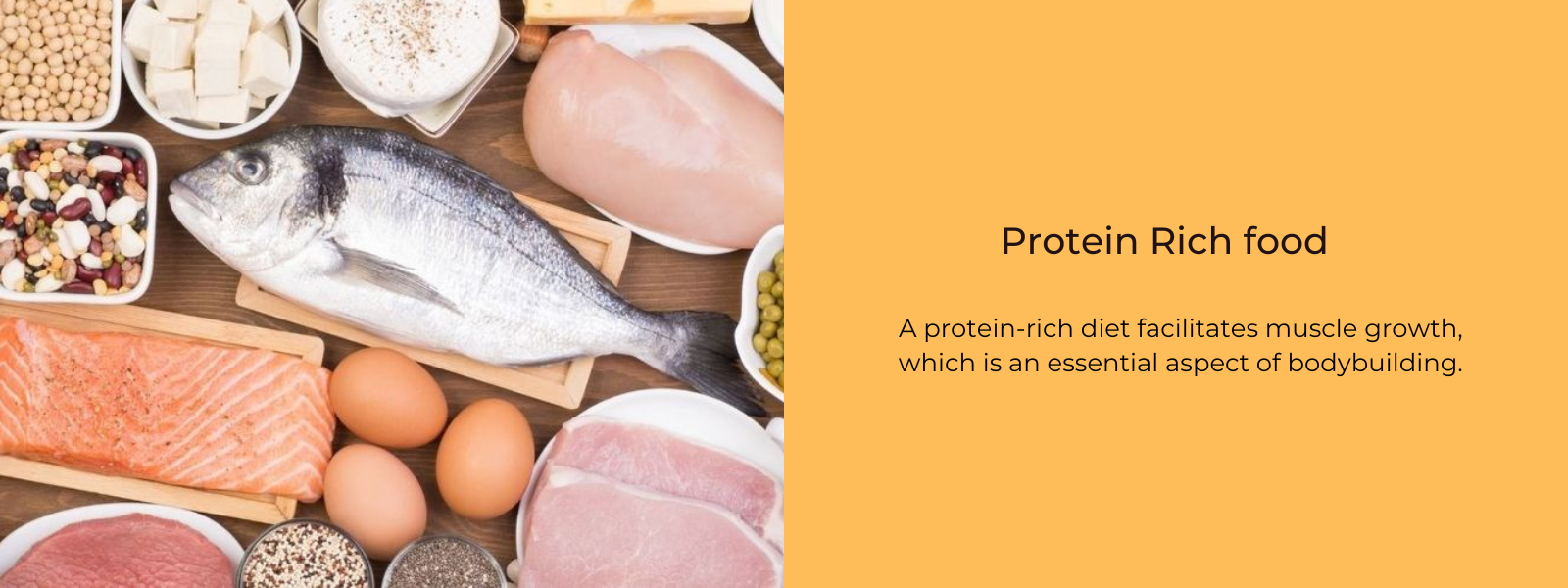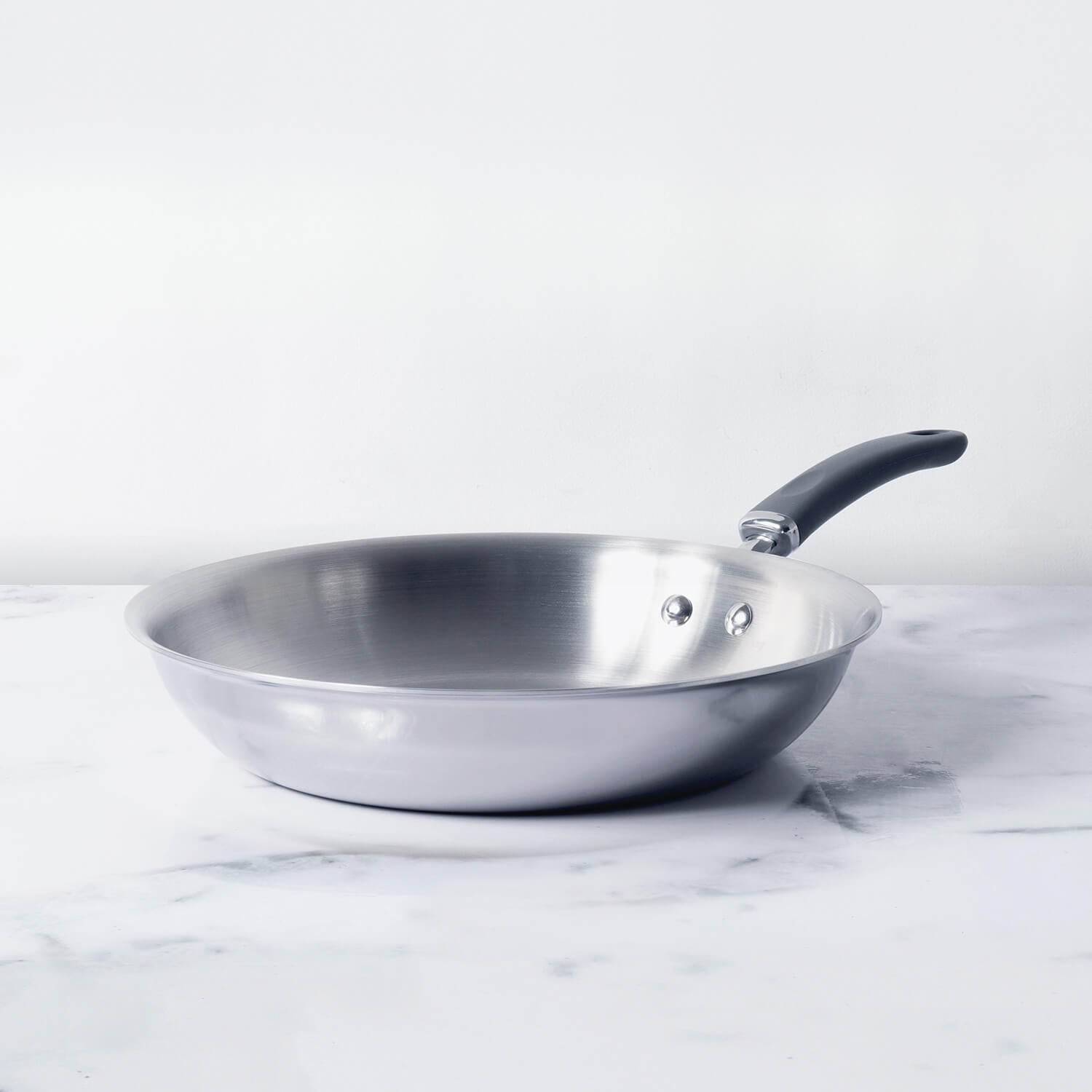Table of Contents
Protein's anti-aging effects are pivotal for maintaining youthful vitality and overall well-being. As the body ages, protein plays a crucial role in preserving muscle mass, supporting strength, mobility, and physical function. Protein contributes to the synthesis of collagen, a structural protein essential for skin elasticity and hydration, thereby promoting skin health and a more youthful appearance. Additionally, protein is integral for bone health, maintaining bone density and reducing the risk of fractures associated with aging. Proteins like collagen and elastin support joint and connective tissue integrity, fostering flexibility and reducing stiffness. Beyond physical aspects, proteins play a vital role in cellular repair and regeneration, hormonal balance, immune system function, and cognitive health. Ensuring an adequate and diverse protein intake, combined with a balanced diet and healthy lifestyle practices, supports the body in its quest for longevity, contributing to sustained vitality and a youthful demeanor.
How Does Protein Support the Anti-Aging Process?
Find below a detailed exploration of how protein supports anti-aging processes:
Protein For Muscle Preservation:
- Role: As people age, there is a natural decline in muscle mass, known as sarcopenia. Protein, particularly essential amino acids, is crucial for muscle protein synthesis and maintenance.
- Effect: Adequate protein intake, combined with resistance training exercises, helps preserve muscle mass, strength, and function, promoting mobility and reducing the risk of falls and fractures.
Protein For Collagen Synthesis for Skin Health:
- Role: Collagen is a structural protein that provides elasticity and hydration to the skin. With age, collagen production decreases, leading to wrinkles and sagging skin.
- Effect: Protein-rich diets containing collagen precursors, such as amino acids found in lean meats, fish, and dairy, support collagen synthesis. This can contribute to improved skin elasticity, hydration, and a more youthful appearance.
Protein For Bone Health:
- Role: Protein is essential for maintaining bone density and preventing age-related bone loss, which can lead to osteoporosis and fractures.
- Effect: Adequate protein intake, when combined with sufficient calcium and vitamin D, supports bone health by promoting bone mineralization and reducing the risk of fractures.
Protein For Joint and Connective Tissue Integrity:
- Role: Proteins, including collagen and elastin, are crucial for maintaining the integrity of joints and connective tissues.
- Effect: Protein supports joint health by preserving the structure of cartilage and promoting flexibility. This can reduce stiffness and discomfort associated with aging.
Protein For Cellular Repair and Regeneration:
- Role: Proteins are essential for cellular repair and regeneration processes, aiding in the recovery from oxidative stress and damage.
- Effect: Protein supports the body's ability to repair damaged cells, contributing to overall tissue health and reducing the impact of aging-related cellular damage.
How To Harness Protein’s Anti-Aging Effects?
To fully harness protein's anti-aging abilities, it's essential to adopt a comprehensive approach that combines dietary choices, lifestyle habits, and other health-promoting strategies. Here are key steps to optimize the anti-aging benefits of protein:
- Prioritize High-Quality Protein Sources:
- Include a variety of high-quality protein sources in your diet, such as lean meats, fish, poultry, eggs, dairy, legumes, and plant-based proteins. Aim for a well-rounded mix to ensure a diverse range of essential amino acids.
- Distribute Protein Intake Throughout the Day:
- Space out your protein intake across meals and snacks. This approach, known as protein pacing, helps maximize muscle protein synthesis and provides a sustained amino acid supply for cellular repair and maintenance.
- Engage in Regular Resistance Training:
- Incorporate resistance or strength training exercises into your fitness routine. Resistance training stimulates muscle protein synthesis and helps preserve and build muscle mass, contributing to improved strength and mobility.
- Stay Hydrated:
- Maintain proper hydration, as water is essential for overall health and supports metabolic processes, including protein digestion and absorption.
- Ensure Adequate Calcium and Vitamin D:
- Support bone health by ensuring sufficient calcium and vitamin D intake. These nutrients work in conjunction with protein to maintain bone density and reduce the risk of osteoporosis.
- Include Collagen-Rich Foods:
- Incorporate collagen-rich foods or supplements to support skin health. Foods like bone broth, fish, and chicken skin contain collagen precursors that contribute to skin elasticity and hydration.
- Manage Stress:
- Chronic stress can accelerate the aging process. Adopt stress management techniques such as meditation, deep breathing exercises, or yoga to promote overall well-being.
- Prioritize Sleep:
- Quality sleep is crucial for cellular repair and regeneration. Aim for 7-9 hours of uninterrupted sleep each night to support overall health and vitality.
- Maintain a Healthy Weight:
- Achieve and maintain a healthy body weight through a balanced diet and regular physical activity. This helps manage metabolic health and reduces the risk of age-related conditions.
- Limit Processed Foods and Added Sugars:
- Minimize the consumption of processed foods and added sugars, as these can contribute to inflammation and oxidative stress, accelerating the aging process.
Importance Of Protein For Maintaining Youthful Vitality:
Yes, protein is essential for maintaining youthful vitality and overall well-being. Protein plays a crucial role in various physiological processes that contribute to the anti-aging effects on the body. Here are key reasons why protein is considered essential for maintaining youthful vitality:
- Muscle Preservation:
- Adequate protein intake is crucial for preserving muscle mass, especially as the body tends to lose muscle with age. Maintaining muscle mass supports strength, mobility, and overall physical function.
- Collagen Synthesis for Skin Health:
- Collagen, a structural protein, is vital for skin elasticity and hydration. Protein-rich diets contribute to collagen synthesis, promoting skin health and a more youthful appearance.
- Bone Health:
- Protein is essential for maintaining bone density and preventing age-related bone loss. This is crucial for reducing the risk of fractures and maintaining overall bone health.
- Joint and Connective Tissue Integrity:
- Proteins like collagen and elastin maintain the integrity of joints and connective tissues, promoting joint flexibility and reducing stiffness associated with aging.
- Cellular Repair and Regeneration:
- Proteins support cellular repair and regeneration, helping the body recover from damage caused by oxidative stress and other factors associated with aging.
- Hormonal Balance:
- Certain proteins play a role in hormonal balance, affecting metabolic processes, mood regulation, and energy levels. Balanced hormones contribute to overall vitality.
- Immune System Support:
- Proteins, including antibodies and immune system proteins, are crucial for a robust immune response. A well-functioning immune system helps protect against infections and illnesses.
- Weight Management and Metabolic Health:
- Protein has a high thermic effect, supporting weight management and overall metabolic health. It helps regulate appetite, reduce overall calorie intake, and maintain a healthy body composition.
- Cognitive Function:
- Proteins are essential for neurotransmitter synthesis, supporting cognitive function and brain health. Adequate protein intake contributes to mental clarity and overall well-being.
- Energy Production:
- Proteins play a role in energy production, providing a sustained source of energy. This is essential for maintaining vitality and supporting an active lifestyle.










Leave a comment